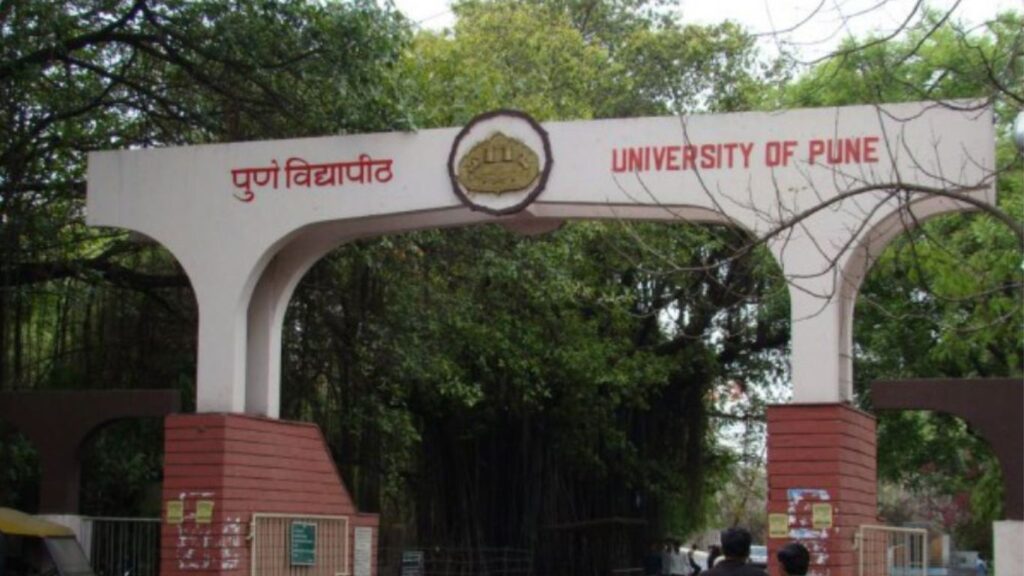Allegations of favoritism, corruption, and bias have rocked a Pune university’s postdoctoral fellowship selection process. Critics claim deserving scholars were overlooked in favor of well-connected candidates, with unprofessional interviews and arbitrary age limits raising concerns. As protests grow, demands for transparency and reform intensify, casting doubt on the institution’s integrity.
A storm of controversy has erupted over the selection process for postdoctoral fellowships at a prominent Pune university, with allegations of bias, financial irregularities, and systemic manipulation tainting what should have been a fair academic opportunity.
Despite 20 academic branches being eligible, only candidates from six departments made it to the final list, raising eyebrows among students and faculty. Of the 17 branches represented in the interviews, most were inexplicably excluded from the final selection. Whispers of favoritism, caste and regional bias, and even outright corruption—with claims of lakhs of rupees exchanging hands—have cast a dark shadow over the process.
A Flawed System?
The fellowship, meant to support bright researchers, has instead left many questioning its credibility. Some allege that well-connected candidates—including relatives of senior faculty—were fast-tracked through interviews that lasted mere minutes, while deserving scholars from marginalized backgrounds were dismissed without proper consideration.
Disturbingly, candidates reported unprofessional conduct during interviews, with selection committee members seemingly disengaged—some even photocopying personal documents or scrolling through phones instead of evaluating presentations. Others claim their subject expertise was ignored, as the panel lacked specialists in their field.
Age Barriers and Exploitation
Further deepening the distrust, the university imposed an unusual age restriction (32-37 years), deviating from national guidelines that allow researchers up to 50 years to apply. Critics argue this arbitrary cutoff was designed to exclude experienced candidates, paving the way for preferred insiders. Worse yet, some allege that selected fellows are later pressured into handing over part of their stipends to department heads—an open secret within academic circles.
Demands for Transparency
With protests brewing, frustrated candidates and faculty are demanding a complete overhaul of the selection process. They insist on fresh interviews conducted under strict scrutiny, with clear reservation policies and unbiased evaluators. Until then, the institution’s reputation remains uncertain.
Despite repeated attempts, university authorities have remained silent, refusing to address the allegations. As anger grows, the academic community watches closely—will justice prevail, or will merit continue to be sidelined for power and privilege
